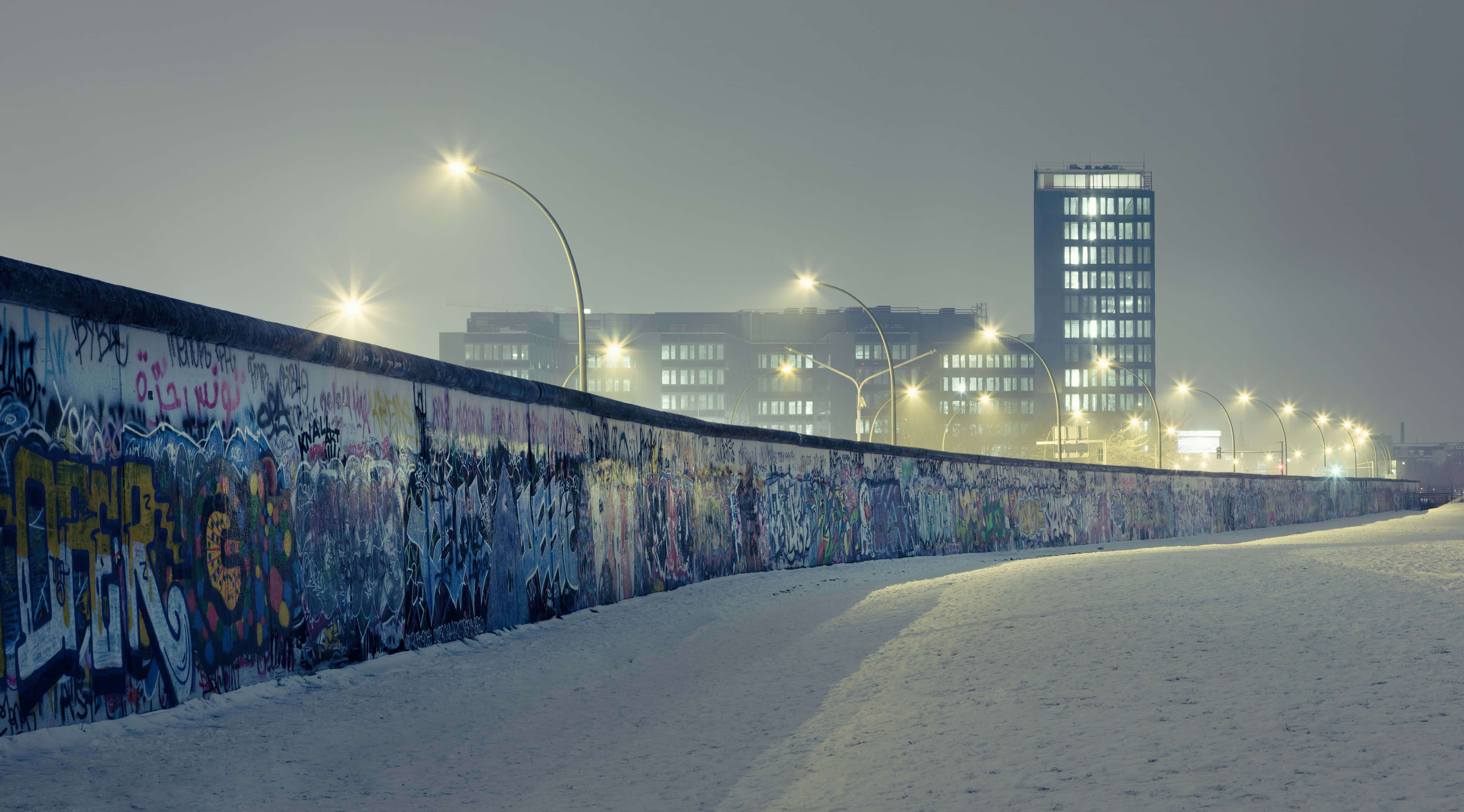The Fall of the Berlin Wall: A Beacon of Freedom and Unity (Also Me)
The historic event of the Berlin Wall's collapse on November 9, 1989, stands as an indelible mark in the annals of modern history. This monumental occurrence not only marked the cessation of the Cold War, a prolonged era of ideological strife, but also shattered a concrete divide that had estranged families, friends, and communities for nearly three decades. Moreover, the Wall came to embody the stark partition of Germany and Europe into opposing factions.
Delving Deeper into the Berlin Wall's Genesis:
In 1961, the communist regime of East Germany, officially known as the German Democratic Republic (GDR), erected the Berlin Wall to halt its citizens from seeking refuge in the democratic West Germany, formally known as the Federal Republic of Germany (FRG). This formidable structure was a direct response to escalating tensions between the Soviet Union and Western powers over Berlin's status. Though geographically situated within East Germany, it was administered jointly by four occupying powers: the United States, Britain, France, and the Soviet Union. The Wall was fortified with an array of deterrents, from barbed wire to electric fences, landmines, watchtowers, and armed sentinels with orders to employ lethal force against those attempting to breach it.
The Dawn of a New Era:
The catalyst for the Wall's collapse stemmed from a sequence of events commencing in 1989, as communist regimes across Eastern Europe crumbled under the weight of popular uprisings clamoring for democracy and human rights. Mikhail Gorbachev, the Soviet leader, spearheaded a policy of transparency (glasnost) and restructuring (perestroika), choosing not to intervene militarily in support of faltering allies. In East Germany, thousands flooded the streets demanding political and economic reforms, while others sought refuge in neighboring countries, which had flung their borders open to West Germany.
On November 9, 1989, a spokesperson for the East German government mistakenly announced immediate freedom of travel to West Germany and West Berlin for all East German citizens. The intended implementation date was the following day, after further consultations. However, the news swiftly disseminated through various channels, and throngs of East Germans converged at checkpoints along the Wall, insisting on passage. Faced with a bewildering and overpowering situation, the border guards relented, swinging open the gates to allow unfettered crossing. People from both sides of the Wall rejoiced in unison, embracing, singing, dancing, and jubilantly dismantling the Wall with hammers and chisels.
Implications and Lessons:
The fall of the Berlin Wall radiated profound consequences for Germany, Europe, and the globe at large. It symbolized the termination of the Cold War and heralded a fresh era of collaboration between East and West. Germany reunified as a sovereign and democratic state on October 3, 1990, while Eastern Europe integrated into the European Union and NATO, fortifying the political and economic ties within the continent.
In a broader sense, this historic event underscores that:
Freedom is a universal aspiration worth defending and cherishing.
Barriers that partition humanity are not only ineffective but also injurious to human dignity and progress.
Collective action and peaceful advocacy can drive significant change.
Human choices and actions shape history, dispelling the notion of determinism.
Ultimately, the fall of the Berlin Wall serves as a testament to the power of dialogue, cooperation, and the indomitable spirit of humanity in overcoming even the most entrenched divisions. In its wake, it beckons us to reflect on the potential for positive transformation, even in the face of seemingly insurmountable obstacles.
Peace Out

Comments
Post a Comment